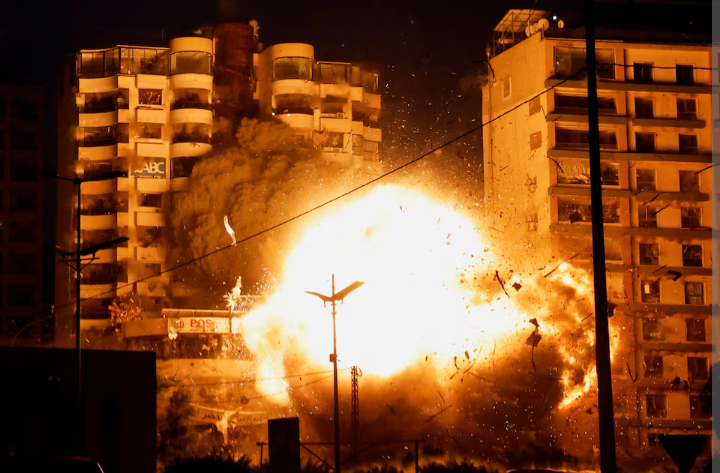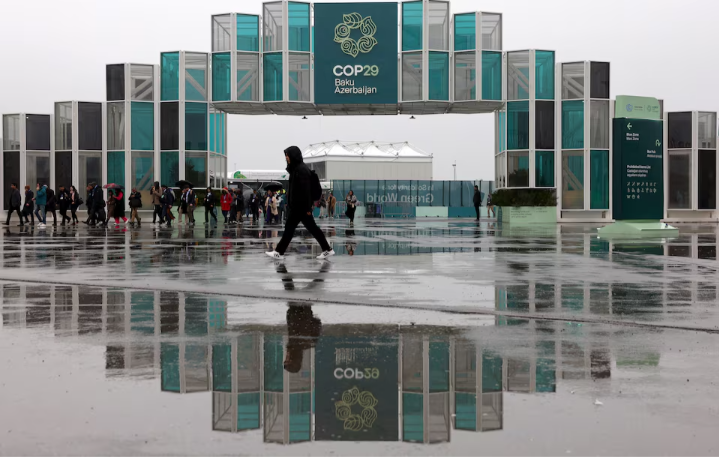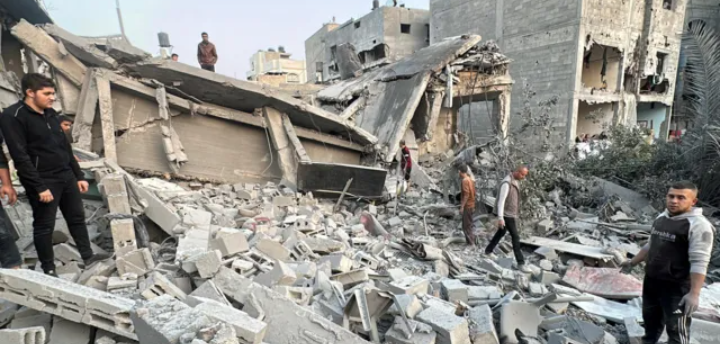Israel is reportedly advancing toward a ceasefire agreement with Lebanon, with discussions centered on ending the war with Hezbollah. Although an agreement has not been finalized, Israeli officials have indicated progress, with approval expected soon from the Israeli security cabinet. Lebanese officials also expressed cautious optimism, noting that recent U.S.-mediated discussions have been positive. However, skepticism remains, with one Lebanese leader warning against placing full trust in Israeli Prime Minister Benjamin Netanyahu.
Despite the diplomatic efforts, hostilities have escalated on the ground. Israeli airstrikes continue to devastate Hezbollah-controlled areas in Beirut, resulting in significant casualties and destruction. Over the weekend, an Israeli strike killed at least 29 people in central Beirut, while Hezbollah retaliated by launching one of its largest rocket salvos, firing 250 missiles. More than 1 million people have been displaced in Lebanon, and the ongoing violence underscores the urgency of reaching a truce.
The proposed ceasefire reportedly builds on U.N. Security Council Resolution 1701, which ended the 2006 Israel-Hezbollah war. Key terms of the agreement include Hezbollah withdrawing its forces 30 kilometers from the Israeli border and the Lebanese army taking over security in the area. Israeli officials have emphasized enforcement measures, including preventing Hezbollah’s return to the border and stopping its rearmament.
However, there is opposition within Israel's government. Far-right National Security Minister Itamar Ben-Gvir has called for continuing the war until Hezbollah is defeated, while other officials advocate for reaching an agreement. Hezbollah, for its part, has reviewed the U.S. proposal and stated that the decision for a truce now rests with Israel.
Both sides acknowledge the complex dynamics at play. For Israel, the primary goal is to ensure the safety of citizens in its northern regions, which have been under heavy rocket fire since the conflict escalated in September. For Lebanon, the challenge lies in mitigating further destruction and displacement while maintaining sovereignty. U.S.-mediated talks remain the central platform for resolving the crisis.





